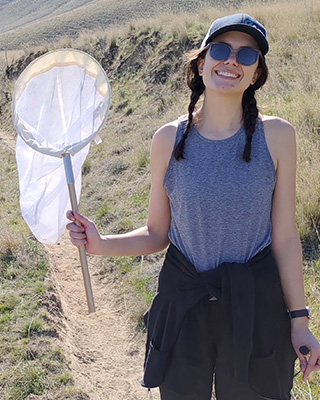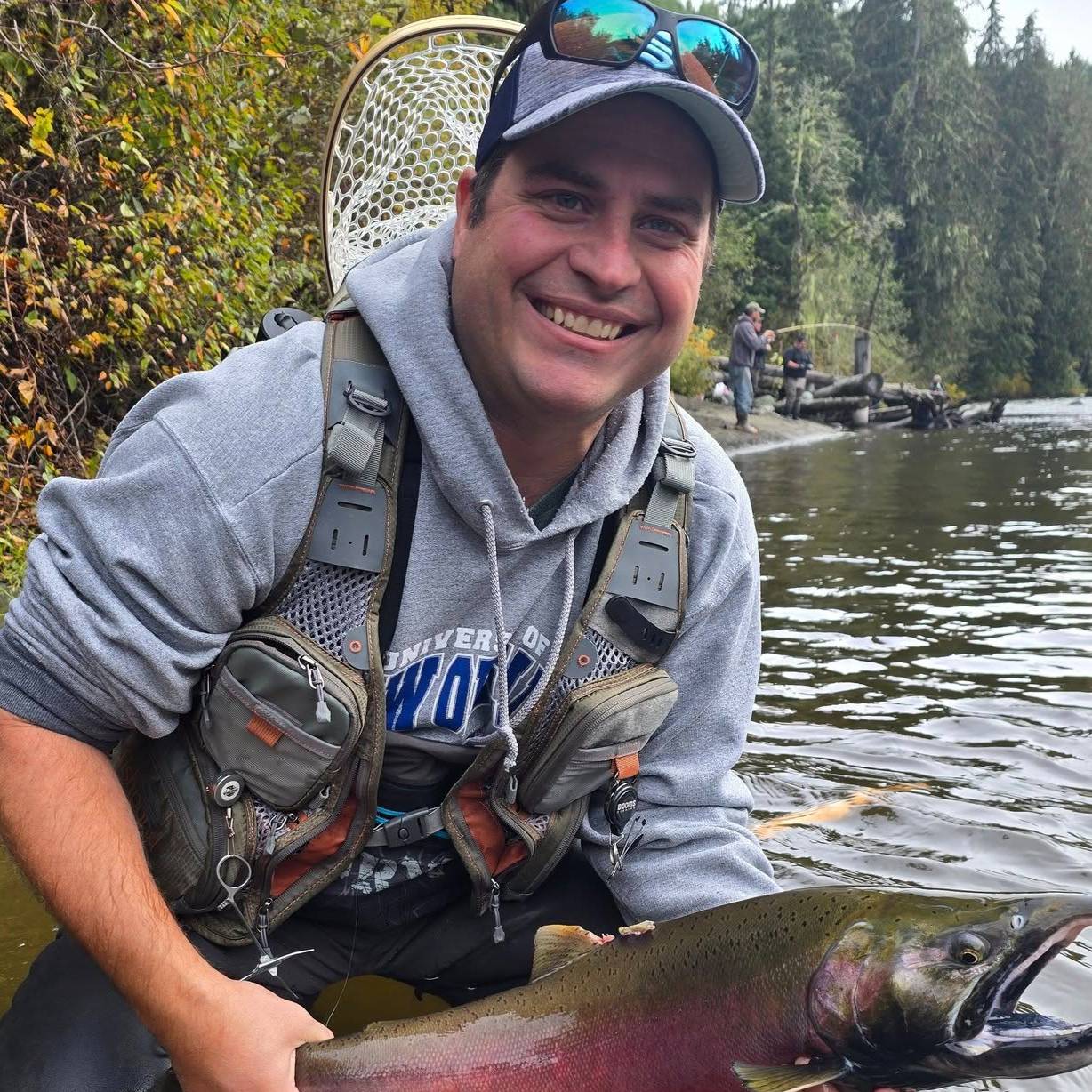Environmental Conservation
The Environmental Conservation Department at Skagit Valley College trains the next generation of workers for a sustainable future in ecology and natural resources management with hands-on learning experiences from the classroom to the laboratory to the field.
Graduates of the Environmental Conservation AAS-T degree will be able to:
- Apply scientific processes and thinking to answer environmental and natural resource questions.
- Examine and discuss environmental issues through both ecological and social lenses.
- Identify a variety of organisms and their ecological roles, with an emphasis on regional species and taxonomic groups.
- Apply fundamental concepts of biology, ecology, and conservation to natural resources management and environmental problem-solving.
Graduates of the Bachelor of Applied Science in Environmental Conservation program will be able to:
- Apply scientific processes and thinking to answer scientific questions, including conducting scientific research from conception and design to analysis and reporting.
- Apply fundamental and advanced concepts of biology, ecology, and conservation, including application of the appropriate spatial and temporal scales, to formulate management strategies that address environmental issues in the bioregional context.
- Communicate, teach, lead, and diffuse conflict surrounding environmental issues using interculturally sensitive communication strategies.
- Perform environmental assessment procedures to standards set by natural resource management agencies.
- Work within existing structures to solve environmental problems and manage natural resources by identifying the appropriate responsible jurisdictional agencies and stakeholders.
Graduates of the Geographic Information Systems program will be able to:
- Apply GIS software to create and manage spatial datasets.
- Manage spatial datasets at appropriate precision and scales.
- Integrate and manage remote sensing, aerial, and physical attributes.
- Utilize and incorporate local, regional, and federal datasets appropriately.
Faculty and Staff

Environmental Conservation Chair and Faculty
360.416.7853
Madeleine.Dupuy@skagit.edu
I am a broadly trained ecologist with a specialty in entomology. Insects and their interactions with all parts of the environment are the fascinating forces that help the world keep running. I am especially interested in the important roles insects play in human-managed systems. I love teaching because I love sharing the wonders of the natural world with others. I believe in a student-centered classroom full of active learning experiences and building skills that students can apply in their careers and their lives.

Jon McKenzie
Faculty
360.416.7816
jonathan.mckenzie@skagit.edu
As a marine biologist and fisheries researcher, I focus on preparing students for
careers in environmental sciences through hands-on field experiences and local examples
that connect classroom learning to real-world applications.
From studying lemon shark nurseries in Louisiana to conducting filtration experiments
with freshwater mussels in aquaculture systems, my career has focused on understanding
and conserving aquatic ecosystems. My teaching philosophy centers on engaging students
with practical fieldwork and fostering critical thinking to tackle complex conservation
challenges.
I believe in empowering students to apply scientific concepts to pressing environmental
issues, helping them build the skills and confidence needed for a meaningful career
in conservation.
Cliff Palmer
Environmental Conservation Faculty
360.416.7656
Cliff.Palmer@skagit.edu
Sean Howard
Environmental Conservation Faculty
Sean.Howard@skagit.edu
Jen Coslor
Environmental Conservation Faculty
Jen.Coslor@skagit.edu
Sarah Blake
Geographic Information Systems (GIS) Faculty
sarah.blake@skagit.edu